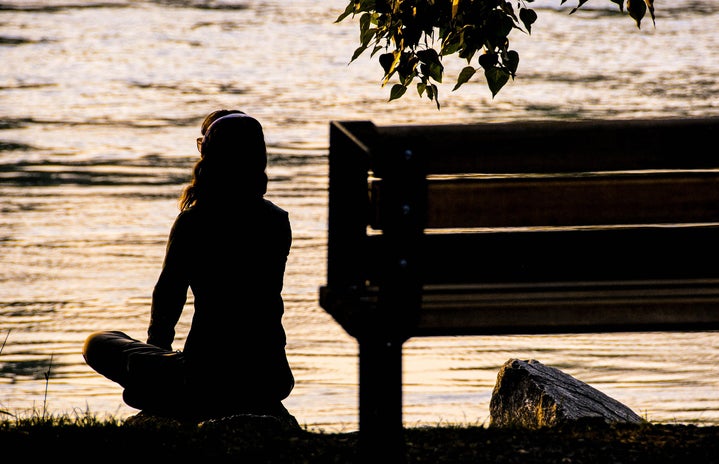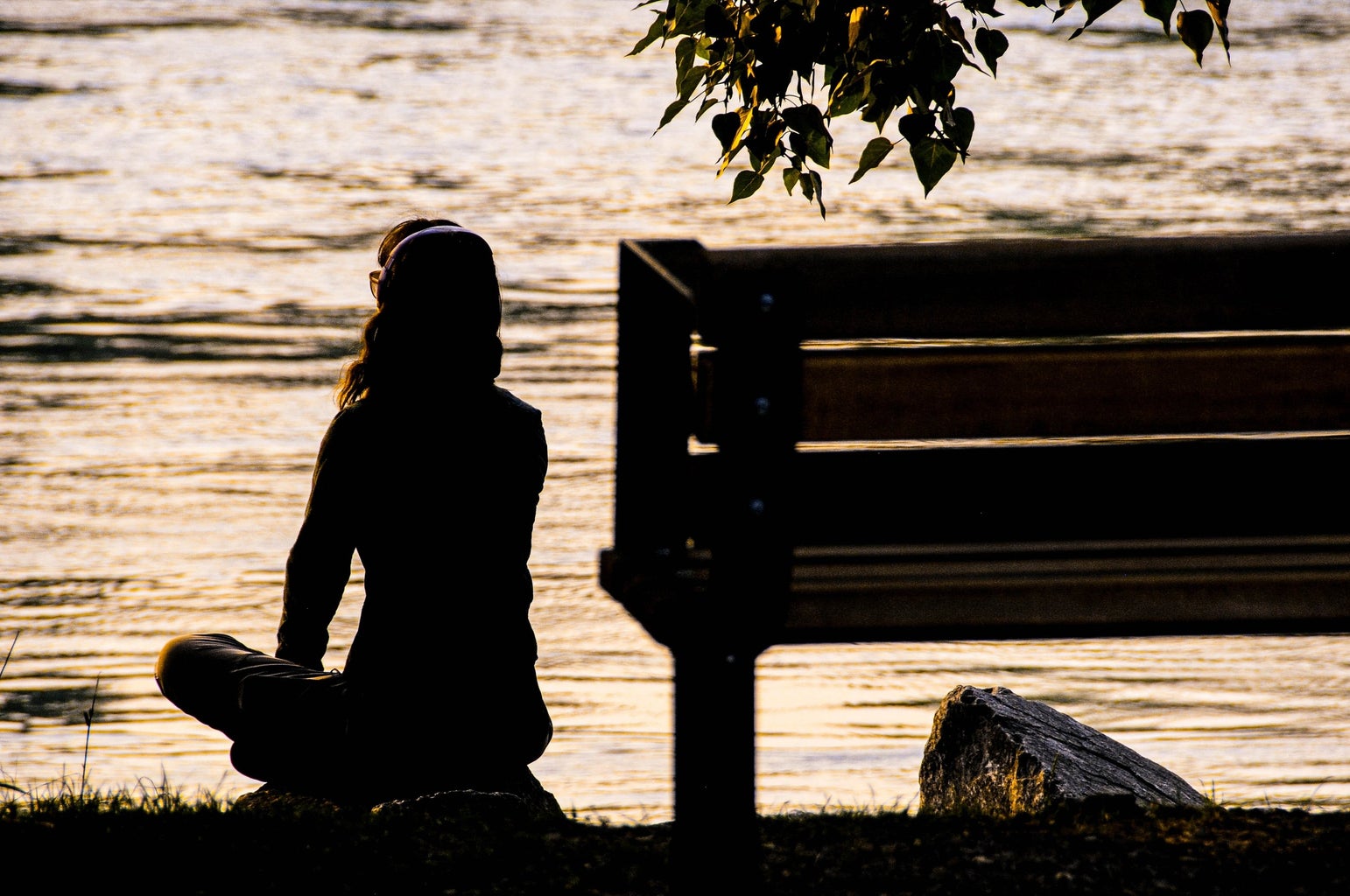Have you ever felt guilty about doing absolutely nothing? If you have, you’re not alone – hustle culture can make it seem like we always need to be checking tasks off our to-do lists. But what if I told you that taking time to do nothing (yes, sitting and staring out the window-type-nothing) is actually important for your creativity and productivity?

First, let’s get into what “doing nothing” means. This isn’t doom-scrolling or binging your favorite TV series. While it can be a passive activity like going for a walk or doing a craft, the point of “doing nothing” is to not be productive. According to psychologist Dr. Marny Lishman, “doing nothing” looks different for everyone. “It can mean just sitting to stare out at nothing, and just being in the moment,” Lishman explains. “Or it can mean doing something that’s just for you, something with no outcome to it, that you’re not doing for a specified reason.”
Creativity benefits
So, why is “doing nothing” so important? For one, taking time to “do nothing” allows your brain to fully absorb information. According to Henry Ford Health, “breaks improve your ability to think logically, problem solve and make decisions.” Taking a break during a busy day can help you reset and explore different thought processes. Additionally, taking breaks can boost your creativity, especially if you’re at a block during a task like writing or brainstorming. Allowing your mind to wander for 5 to 15 minutes can reframe a task once you get back to it.
Productivity benefits
While the point of “doing nothing” is to not be productive, taking this mental rest can actually increase your productivity and learning abilities in the long run. For example, if you feel overwhelmed after sitting through a detailed lecture or studying for hours, you will probably be more productive if you take a break before returning to the material. According to Henry Ford Health, “taking a break gives your brain time to process, consolidate and store the information you’ve learned.” When you return to the material, you should be better able to focus and retain information.
how to “do nothing”
Now that you know the benefits of making time to “do nothing,” you may be wondering how to put it into practice. First, you’ll need to get comfortable with the idea of doing something that will not be productive. This can be as simple as going on a walk or sitting outside in nature, or it can be a specific hobby like painting or cooking. Whatever activity you choose, make sure your intention is to relax and unwind – not to achieve a higher goal.
Once you find an activity that you can comfortably let your mind wander during, try to implement it for 5 to 15 minutes into your routine. For example, you may decide to take a 10-minute walk after your class on Tuesdays and Thursdays instead of heading straight to the library to study. Making this time can seem difficult at first, but once you get used to it it will seem more natural.
So, next time you feel like you just need to sit and stare out the window for a bit – do it! Instead of feeling guilty for needing a moment to relax, remember that “doing nothing” every now and then will benefit you in the long run.




